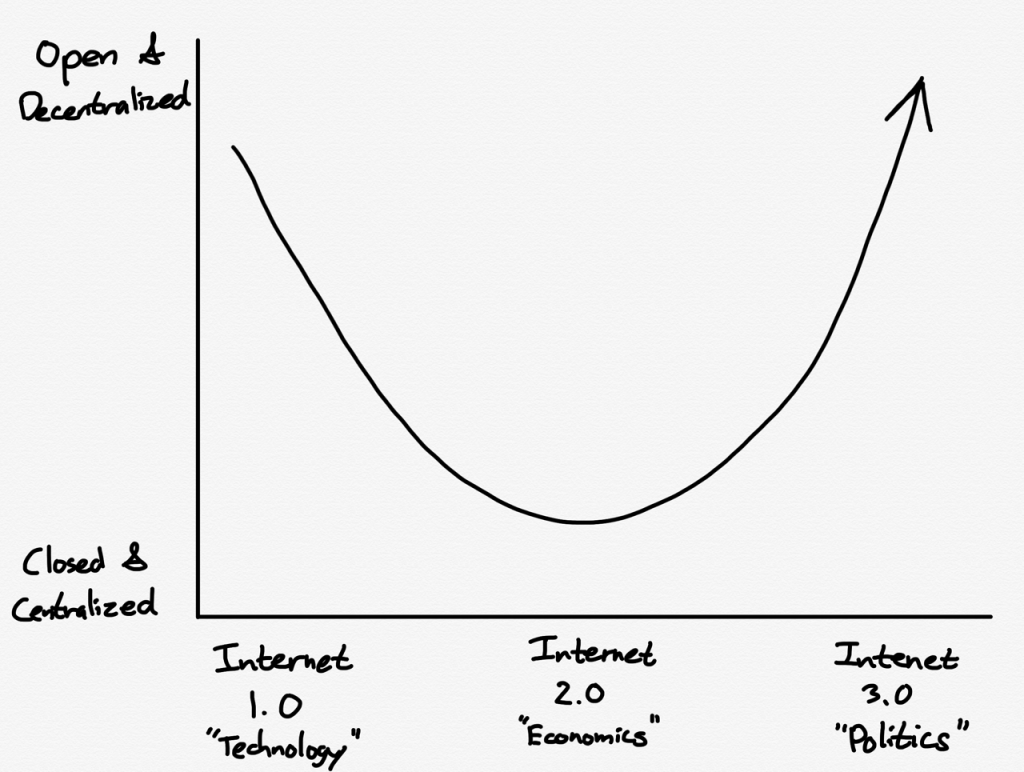
Let’s say the world is going to hell. Don’t argue, because my case isn’t about that. It’s about who saves it.
I suggest everybody. Or, more practically speaking, a maximized assortment of the smartest and most helpful anybodies.
Not governments. Not academies. Not investors. Not charities. Not big companies and their platforms. Any of those can be involved, of course, but we don’t have to start there. We can start with people. Because all of them are different. All of them can learn. And teach. And share. Especially since we now have the Internet.
To put this in a perspective, start with Joy’s Law: “No matter who you are, most of the smartest people work for someone else.” Then take Todd Park‘s corollary: “Even if you get the best and the brightest to work for you, there will always be an infinite number of other, smarter people employed by others.” Then take off the corporate-context blinders, and note that smart people are actually far more plentiful among the world’s customers, readers, viewers, listeners, parishioners, freelancers and bystanders.
Hundreds of millions of those people also carry around devices that can record and share photos, movies, writings and a boundless assortment of other stuff. Ways of helping now verge on the boundless.
We already have millions (or billions) of them are reporting on everything by taking photos and recording videos with their mobiles, obsolescing journalism as we’ve known it since the word came into use (specifically, around 1830). What matters with the journalism example, however, isn’t what got disrupted. It’s how resourceful and helpful (and not just opportunistic) people can be when they have the tools.
Because no being is more smart, resourceful or original than a human one. Again, by design. Even identical twins, with identical DNA from a single sperm+egg, can be as different as two primary colors. (Examples: Laverne Cox and M. Lamar. Nicole and Jonas Maines.)
Yes, there are some wheat/chaff distinctions to make here. To thresh those, I dig Carlo Cipolla‘s Basic Laws on Human Stupidity (.pdf here) which stars this graphic:

The upper right quadrant has how many people in it? Billions, for sure.
I’m counting on them. If we didn’t have the Internet, I wouldn’t.
In Internet 3.0 and the Beginning of (Tech) History, @BenThompson of @Stratechery writes this:
The Return of Technology
Here technology itself will return to the forefront: if the priority for an increasing number of citizens, companies, and countries is to escape centralization, then the answer will not be competing centralized entities, but rather a return to open protocols. This is the only way to match and perhaps surpass the R&D advantages enjoyed by centralized tech companies; open technologies can be worked on collectively, and forked individually, gaining both the benefits of scale and inevitability of sovereignty and self-determination.
—followed by this graphic:

If you want to know what he means by “Politics,” read the piece. I take it as something of a backlash by regulators against big tech, especially in Europe. (With global scope. All those cookie notices you see are effects of European regulations.) But the bigger point is where that arrow goes. We need infrastructure there, and it won’t be provided by regulation alone. Tech needs to take the lead. (See what I wrote here three years ago.) But our tech, not big tech.
The wind is at our backs now. Let’s sail with it.
Bonus links: Cluetrain, New Clues, World of Ends, Customer Commons.
And a big HT to my old buddy Julius R. Ruff, Ph.D., for turning me on to Cipolla.
[Later…] Seth Godin calls all of us “indies.” I like that. HT to @DaveWiner for flagging it.
Leave a Reply